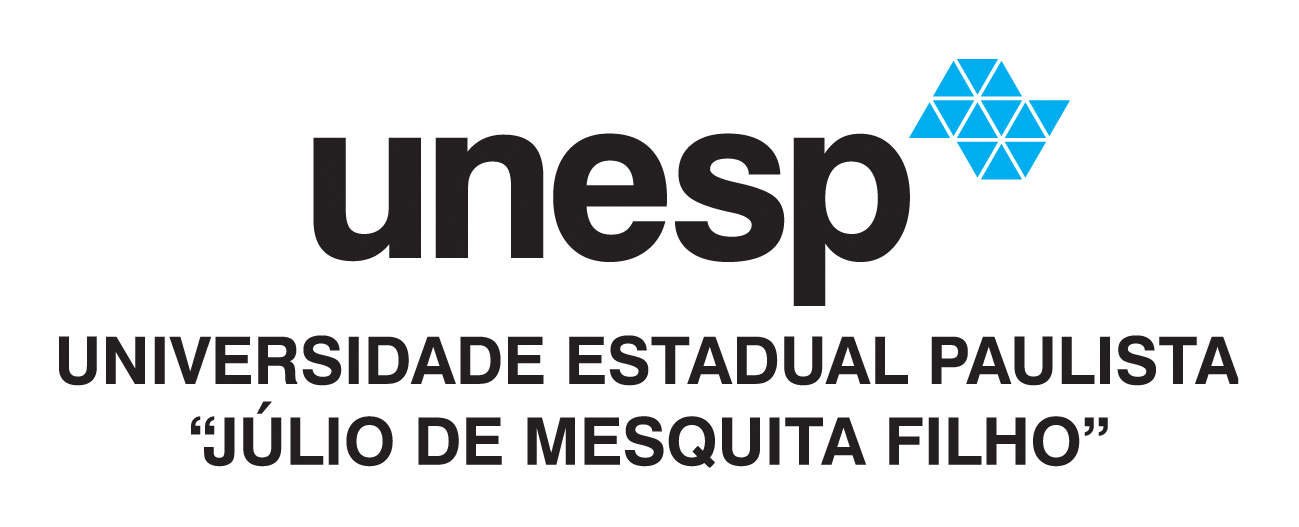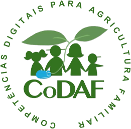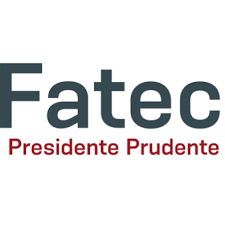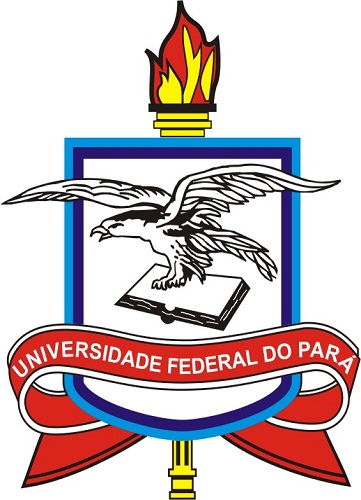e-CoDAF - Digital Skills for Family Farmers Meeting
The E-CoDAF - Digital Skills for Family Farming Meeting is promoted by the CoDAF - Digital Skills for Family Farming Meeting project. The meeting takes place annually, focusing on the presentation of reflections on proposals for the application and use of Information and Communication Technologies by the rural sector, especially for producers and interested in Family Farming, and has the collaboration of higher education institutions, which increases its visibility and the achievement of results. The papers presented at the event are available in the Proceedings.
V e-CoDAF - Digital Skills for Family Farmers Meeting
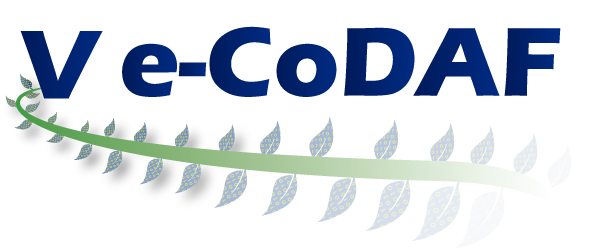
Theme: Data Access Technologies for Small Rural Management
This year, the V e-CoDAF - V Meeting Digital Skills for Family Farming presents the theme Data Access Technologies for Small Rural Management. V e-CoDAf is promoted by the CoDAF - Digital Skills for Family Farming Project and focuses on presenting proposals for the development and use of Information and Communication Technologies by the rural sector, especially for small producers. In this edition, it will count on the collaboration of three higher education institutions (UNESP/Tupã, FATEC/Presidente Prudente, UFPA/Belém and Tucuruí), which increases its visibility and results reach.
ISBN: 78-85-67703-03-9
Consumer perspectives of the paulista interior as to the valuation of food locavorism
Authors
Jaqueline Aparecida Boni Souza
Centro Universitário de Adamantina (UNIFAI) | jaqueboni@gmail.com | https://orcid.org/0000-0002-9543-7648 |
Silvia Cristina Vieira Gomes
Centro Universitário de Adamantina (UNIFAI) | tinavieiragomes@hotmail.com.br | https://orcid.org/0000-0003-2413-556x |
Ivo Pereira de Souza Junior
Centro Universitário de Adamantina (UNIFAI) | juninhoagronomia@gmail.com | https://orcid.org/0000-0001-6955-0981 |
Renan Borro Celestrino
Centro Universitário de Adamantina (UNIFAI) | renan.celestrino@hotmail.com | https://orcid.org/0000-0002-2712-8923 |
Abstract (Portuguese)
Atualmente a procura pela segurança do alimento sustentável tem fomentado o locavorismo alimentar, influenciando a valorização dos pequenos produtores familiares, permeando todos os elos da cadeia produtiva, e tende a corroborar com alimentos mais frescos, livres de agrotóxicos, minimização de gases poluentes pelo transporte e manutenção da economia local. Considerado como um dos movimentos contemporâneos mais intensos, o locavorismo, não se preocupa apenas como alimento é produzido, mas onde, quem e o local onde é comercializado, mediando toda a cadeia. O movimento busca interligar o consumidor e o agricultor, incentivando a confiança do consumidor no momento da compra, com a capacidade de conhecer a procedência do alimento oferecido. O crescimento das estratégias alimentares locais corrobora com a preservação de áreas rurais evitando sua urbanização, fomenta de maneira específica uma agricultura mais sustentável. O presente estudo apresenta como objetivo geral avaliar as perspectivas dos consumidores do interior paulista quanto a valorização do locavorismo alimentar. A metodologia científica aplicada segue uma linha de pesquisa de natureza exploratória, de caráter quali-quantitativo, envolvendo pesquisa bibliográfica. Realizou-se coleta de dados através de formulário aplicados a 20 consumidores do interior paulista. Os dados levantados junto aos consumidores foram analisados quanti- qualitativamente por triangulação com a literatura, análise estatística de frequência e vivência imperícia dos autores. Identificou-se que a perspectiva dos consumidores é positiva, a maioria dos entrevistados consomem alimentos locais e colaboram de maneira direta com uma agricultura mais sustentável.
Palavras-chave: Segurança alimentar. Consumo local. Tendência. Agricultura familiar.
Abstract
Nowadays, the search for the safety of sustainable food has fomented the locarovism food, influencing the evaluation of the small family producers, permeating all the links of the productive chain, corroborating with fresh food, free of pesticides, minimization of polluting gases for the transportation, maintenance of the economy local. Considered as one of the most intense contemporary movements, locavorism is not only concerned with how food is produced, but where, where and where it is marketed, mediating the whole chain. The movement seeks to link the consumer and the farmer, encouraging consumer confidence at the time of purchase, with the ability to know the provenance of the food offered. The growth of the local food strategies corroborates with the preservation of rural areas avoiding its urbanization, it foments of a specific way a more sustainable agriculture. The methodology applied in this work follows a research line of exploratory nature, of a qualitative and quantitative nature, involving bibliographical research. The present study sought to analyze the perspectives of consumers in the interior of São Paulo regarding the valuation of food locust. Data were collected through a form applied to 20 consumers from the interior of São Paulo. The data collected from the consumers were quantified qualitatively by triangulation with the literature, statistical analysis of frequency and experience of the authors. It was identified that the consumer perspective is positive, most of the interviewees consume local foods and collaborate directly with a more sustainable agriculture.
Keywords: Food security. Local consumption. Trend. Family farming.
